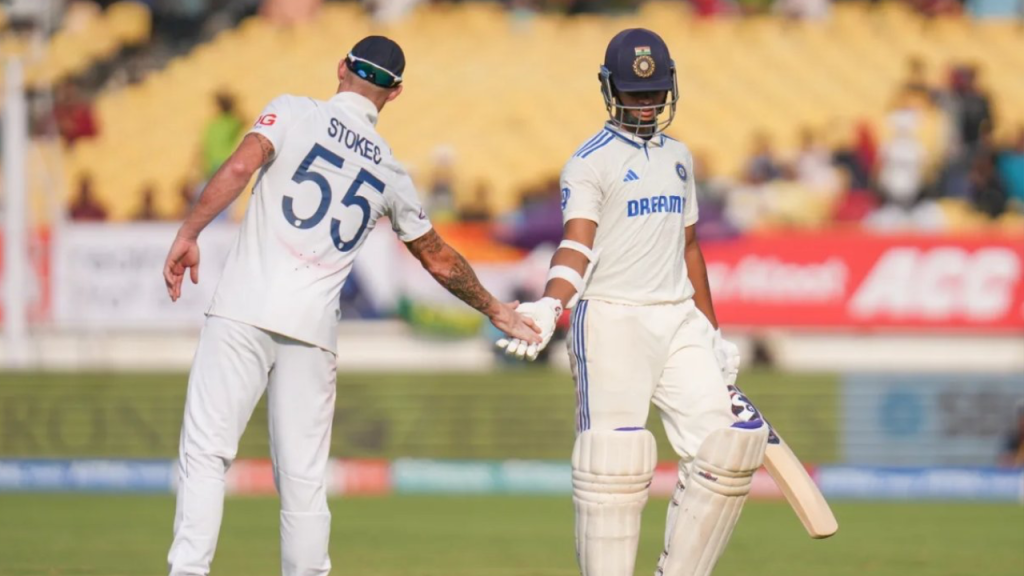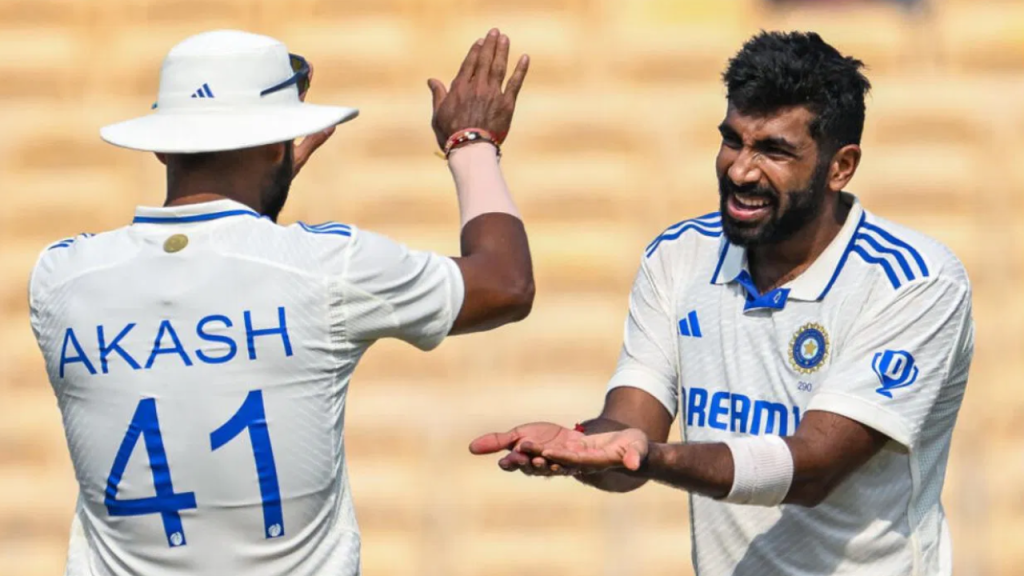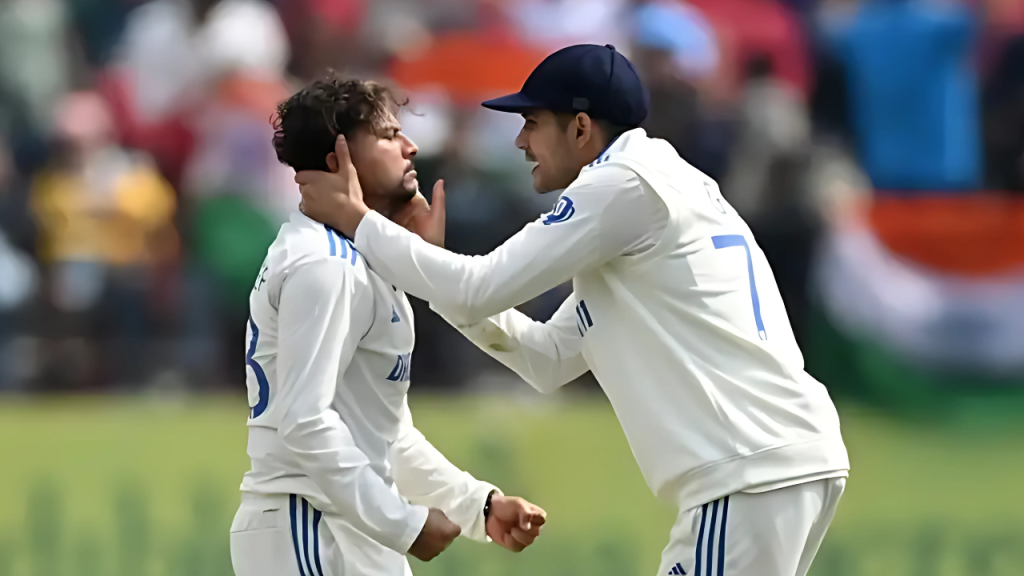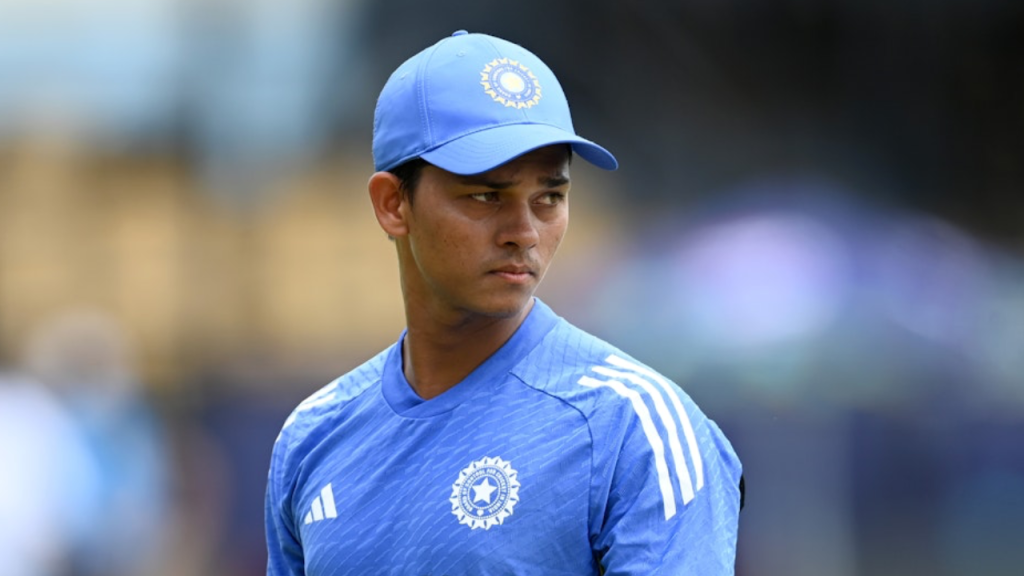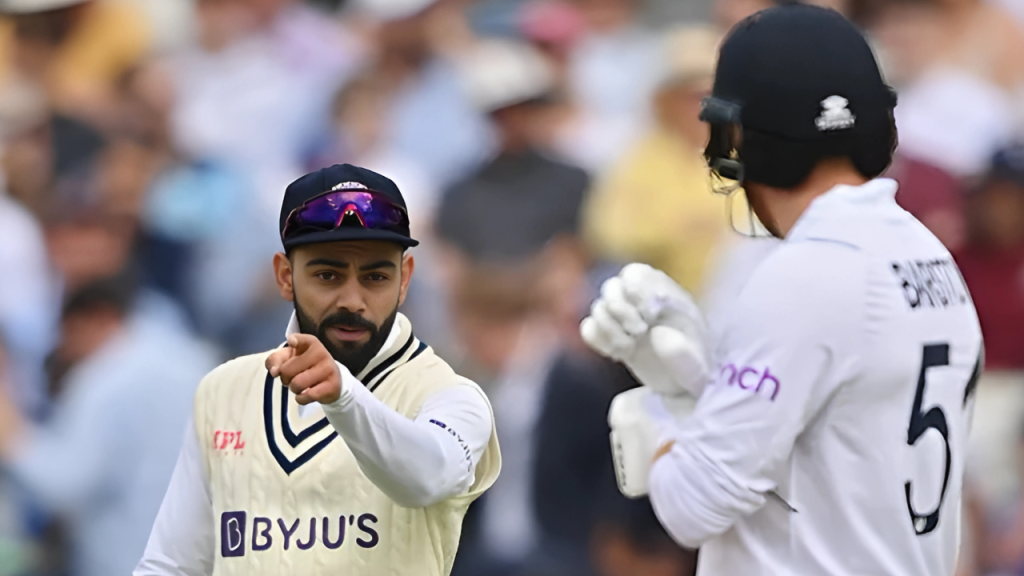In cricket, where national pride often overshadows sportsmanship, a simple act of congratulation can stir a hornet’s nest. Nida Dar, a prominent figure in Pakistani women’s cricket, found herself at the center of a social media storm after she posted a congratulatory message for Virat Kohli and Rohit Sharma following India’s T20 World Cup victory in 2024. This gesture, intended to celebrate sportsmanship, instead ignited a wave of trolling and criticism, reflecting the complex dynamics of sports, nationalism, and digital culture.
The Incident
Nida Dar, known for her contributions to cricket, took to social media to acknowledge India’s triumph and the retirement of Virat Kohli and Rohit Sharma from T20Is. However, her timing was off; the message came over two months after the event, which many fans and observers found odd. This delay became the focal point of the backlash, with critics questioning the sincerity and motive behind her late congratulations.
Official Statement:
I initially made this post on June 30th 2024, but due to restrictions on Twitter in Pakistan, it was posted last night instead, which I learned about through the media. I am attaching both pictures to this post.#Pakistan #T20WorldCup pic.twitter.com/EDvZVeWZKz
— Nida Dar (@CoolNidadar) September 5, 2024


Public Reaction
The reaction was swift and harsh. Social media platforms, particularly X (formerly Twitter), were flooded with comments mocking Dar for what was perceived as a belated attempt at gaining favor or attention. The criticism wasn’t just about the timing but also touched on deeper sentiments of rivalry between India and Pakistan in cricket. Fans from both sides of the border had mixed reactions; while some appreciated the gesture of sportsmanship, others saw it as an overstep or an act of seeking unnecessary limelight.
The Debate on Sportsmanship
This incident sparked a broader debate on what constitutes genuine sportsmanship in the age of social media. On one side, there’s an argument for acknowledging achievements across borders, promoting a spirit of unity and respect in sports. Dar’s gesture could be seen in this light, aiming to bridge gaps through sportsmanship. However, the counter-argument focuses on the authenticity of such gestures, especially when they seem out of sync with the immediate emotional context of the victory or event.
Cultural and Political Undertones
The trolling of Nida Dar also highlights the cultural and political undertones in cricket, particularly in the subcontinent. Cricket isn’t just a sport here; it’s a symbol of national pride, often intertwined with political sentiments. Dar’s act, therefore, wasn’t just about congratulating cricketers but was interpreted through the lens of national rivalry and pride, leading to a polarized response.
Nida Dar’s Clarification
In response to the backlash, Dar clarified that her initial post was made shortly after the World Cup but was delayed in appearing due to restrictions on social media in Pakistan. This explanation, while addressing the timing issue, didn’t entirely quell the controversy, indicating the deep-seated emotions involved.
The trolling of Nida Dar for congratulating Virat Kohli and Rohit Sharma opens up discussions on several fronts: the nature of sportsmanship, the role of social media in sports, and the impact of national sentiments on individual actions. While Dar’s intention might have been to foster a spirit of camaraderie, the reaction it provoked underscores the fine line sports figures walk, especially in regions where sports are deeply tied to national identity. This episode serves as a reminder of how a simple congratulatory message can become a battleground for opinions, reflecting not just on the individual but on broader cultural and political narratives in cricket.
